No products in the cart.
Buy DCK HCL online
215,00 € – 2.200,00 €
2-Fluorodeschloroketamine
2-Fluorodeschloroketamine (also known as 2′-Fl-2-Oxo-PCM, fluoroketamine and 2-FDCK) is a dissociative anaesthetic[1] related to ketamine. Its sale and use as a designer drug has been reported in several countries.
SKU: N/A
Category: DISSOCIATIVES
Tags: best cheap price DCK HCL, best place to buy DCK HCL, bulk online, buy DCK HCL, cheap DCK HCL, DCK HCL, DCK HCL DCK HCL supplier, DCK HCL for sale, DCK HCL legally, DCK HCL online, DCK HCL price, DCK HCL store, DCK HCL use, DCK HCL wiki, DCK HCL worldwide, DCK HCLs, high quality DCK HCL, how to buy DCK HCL, order DCK HCL, purcharse DCK HCL, shop DCK HCL, top quality, where to buy DCK HCL, where to order DCK HCL, wholesale DCK HCL
Buy DCK HCL online
What is DCK?
Buy DCK HCL, 2′-Oxo-PCM (also known as deschloroketamine, O-PCM, DXE and DCK2′-Oxo-PCM (also known as deschloroketamine, O-PCM, DXE and DCK) is a lesser-known novel dissociative substance from the arylcyclohexylamine class that produces dissociative, anesthetic and hallucinogenic effects when administered. Other chemicals in this class include DMXE, 2-FDCK and 3-Me-PCPy..
DCK was one of the first ketamine analogues to emerge on the research chemistry scene in the early 2010s. Many researchers are experimenting with it as a legal alternative to ketamine. However, the results obtained vary considerably. It is worth noting that the duration of experiments with DCK tends to be several hours, compared to 30–60 minutes with ketamine or 2-FDCK.
Chemical properties
Deschloroketamin Deschloroketamine or 2-phenyl-2-(methylamino)cyclohexanone is classified as an arylcyclohexylamine drug. Arylcyclohexylamine drugs are named for their structure, which includes a cyclohexane ring attached to an aromatic ring, as well as an amine group. Descholoroketamine contains a phenyl ring attached to a cyclohexane ring substituted with an oxo group (cyclohexanone). An aminomethyl chain (-N-CH3) is attached to the adjacent alpha carbon (R2) of the cyclohexanone ring.
Descholoroketamin Descholoroketamine is a chiral molecule and is often produced as a racemate. Des- is a prefix used in chemistry to indicate the absence of a functional group (in this case, "chlorine"). Therefore, deschloroketamine is named for the absence of a chlorine substitution on its phenyl ring, which is found in ketamine. Chemsman
Pharmacological effects
Due to the lack of research on this substance, all discussions about its pharmacology are based solely on its structure and its subjective similarity of effect to other arylcyclohexylamine dissociatives such as 3-MeO-PCP, PCP, and MXE. Against this background, it is assumed that DCK Due to the lack of research on this substance, all discussions about the pharmacology of this substance are based solely on its structure and its subjective similarity in action to other arylcyclohexylamine dissociatives such as 3-MeO-PCP, PCP, and MXE. With this in mind, DCK is believed to act as an NMDA receptor antagonist. NMDA receptors, a type of glutamate receptor, allow excitatory electrical signals to be transmitted between neurons in the brain and spine. In order for the signals to be transmitted, the receptor must be open. Dissociatives inactivate the NMDA receptors by blocking them. This disconnection of the neurons leads to the general loss of body sensation, motor coordination, memory, and ultimately the loss of this substance's equivalent of the "K-hole."
Some of the most commonly reported effects include:
Spontaneous physical sensations
Loss of engine control
Depersonalization
Dream potentiation
Increased creativity
possible side effects
Nausea
Sedation
Reduced libido
Time distortion
Optical sliding
legality
DCK is classified as illegal in:
Lithuania
Great Britain
Canada
This list is not exhaustive. Please inform yourself about the legal status in your country before ordering!
| Quantity | 25g, 50g, 100g, 250g, 500g, 1000g |
|---|
Be the first to review “DCK HCL online kaufen” Cancel reply
Related products
DISSOCIATIVES
206,00 € – 2.500,00 €
DISSOCIATIVES
220,00 € – 2.260,00 €
Benzodiazepine
214,00 € – 3.248,00 €
Phenethylamines
250,00 € – 4.500,00 €
DISSOCIATIVES
199,00 € – 3.360,00 €
Cathinones
155,00 € – 2.000,00 €
Phenethylamines
200,00 € – 1.950,00 €
Phenethylamines
180,00 € – 2.000,00 €

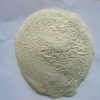
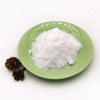
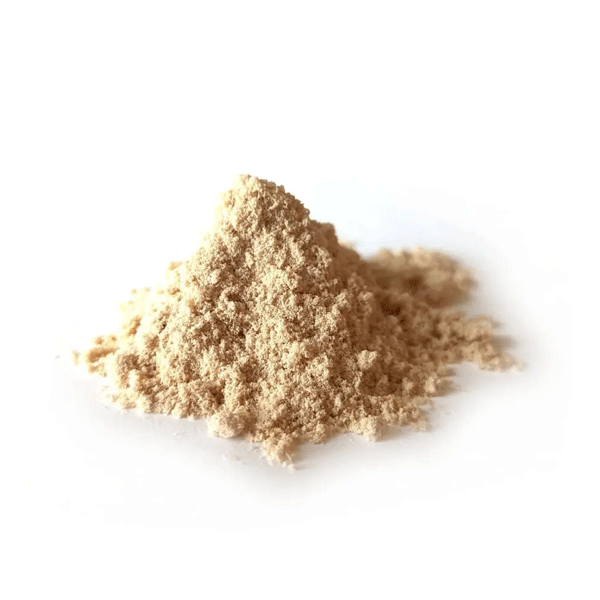



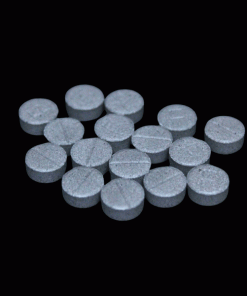







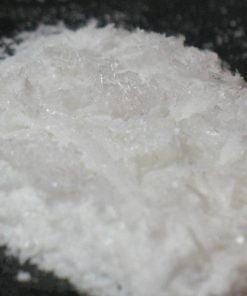

Reviews
There are no reviews yet.